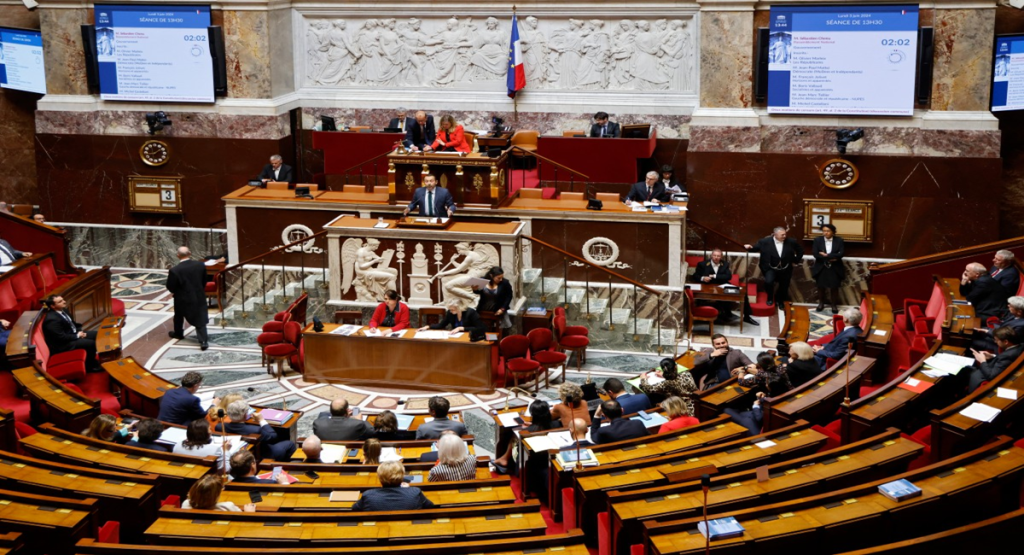Palliative care providers have reacted to the debate on assisted death for terminally ill people expected to hold on Friday at the UK Parliament.
Amy Proffitt is a palliative care expert who is opposed to changes in the law to allow assisted dying.
In a 2020 survey for the main doctors’ union the British Medical Assocation (BMA), three-quarters of palliative care providers were against the move, compared with half of all doctors.
Proffitt said the if the bill to make the practice legal is passed it will put doctors in an impossible situation.

The euthanasia bill was last debated, and failed in parliament in 2015 but public support for giving terminally ill people the choice to end their lives has since increased.
Prime Minister Keir Starmer before his win promised to allow the House of Commons to revisit the issue, despite the concerns of church leaders and opponents who worry about any potential change.
Proffitt says the safeguards that have been put in place are not robust at all and added that the process be made voluntary for palliative care givers.
The safeguards under the National Institute of Health are (1) a mental health evaluation to evaluate impaired judgment, (2) terminal illness, (3) self-administration, (4) limitation to adults, (5) capacity (i.e., no advance directives), (6) waiting period, and (7) certification by two physicians (i.e., no nurse practitioners).
Proffit a former president of the Association for Palliative Medicine, who is also a doctor says because it would be open only to patients with six months to live which is sometimes hard to determine as it prompts questions about the reasons behind the request, including physical pain, psychological distress or social problems.
According to a 2022 parliamentary report, 100,000 people died each year in the UK without having been able to access end-of-life care.
Friday’s bill, she added, states that a doctor does not have to recommend assisted dying. But if a patient asks for it, then doctors would have to offer it as a “treatment option”, regardless of where they stand on the issue.
She went on to say other models needed to be considered, urging MPs to reject the bill, calling it “rushed through” with less than three weeks of scrutiny.


